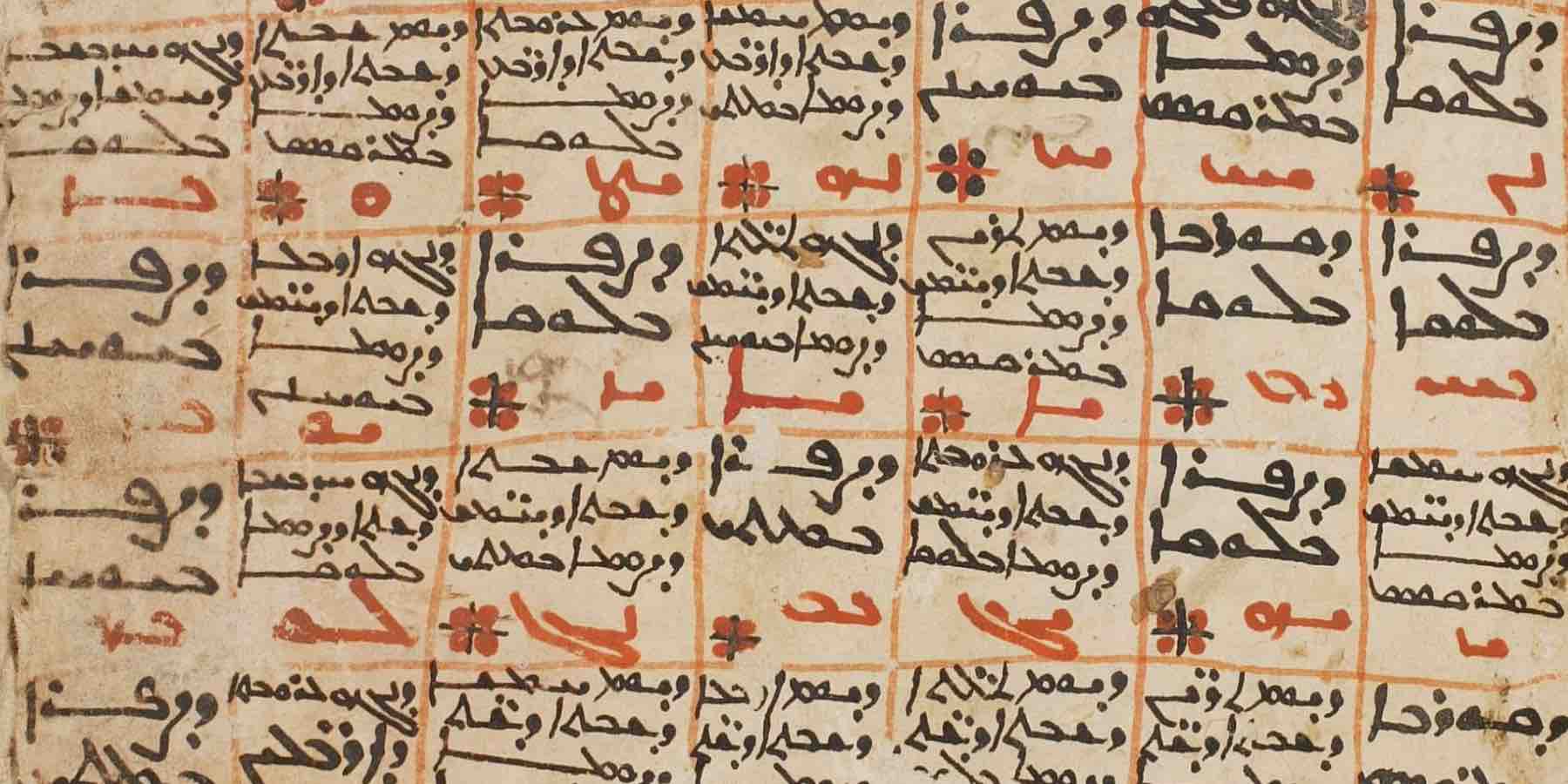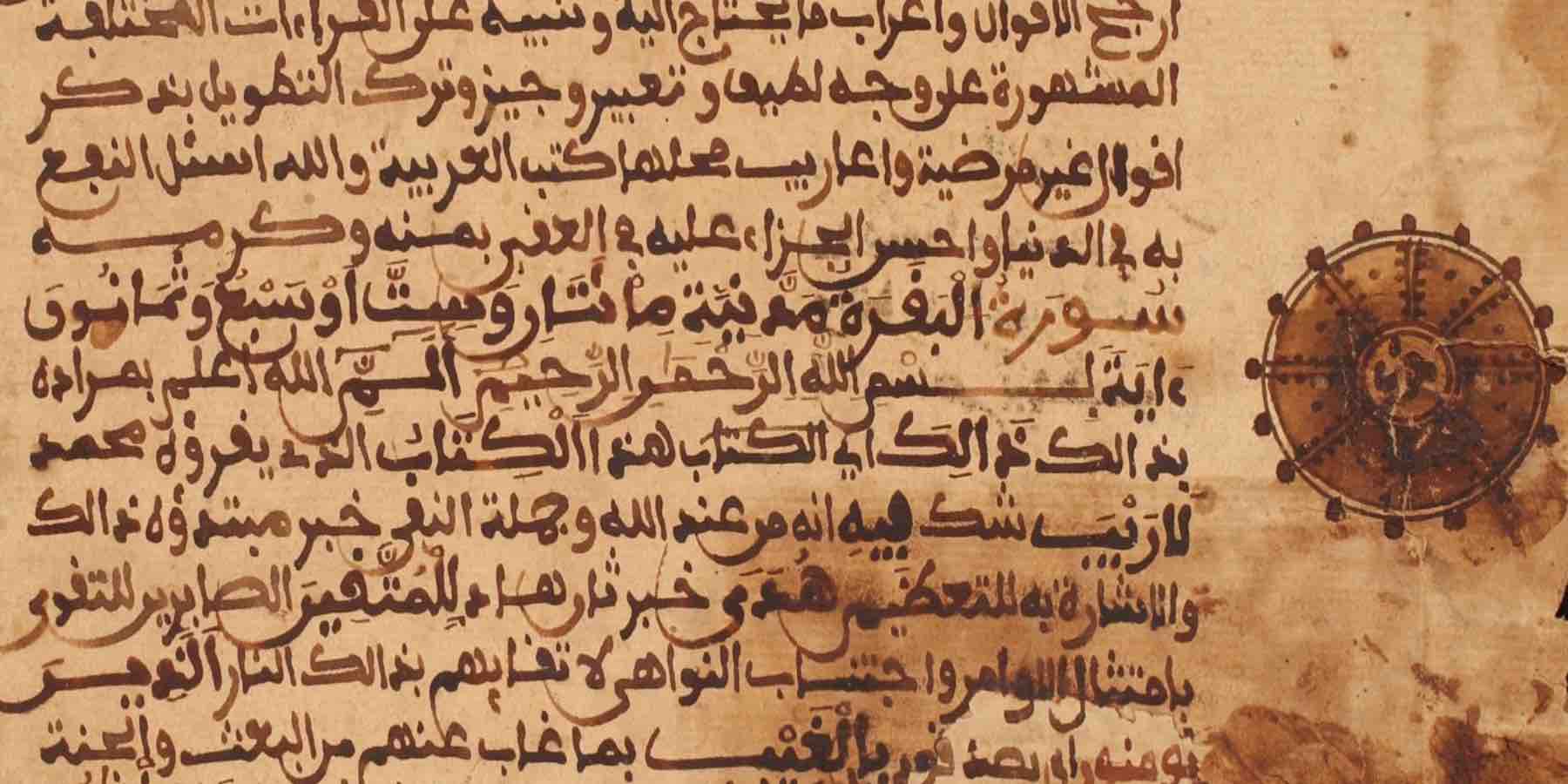Resources For The Description Of Manuscripts From Understudied Christian And Islamic Traditions
Resources for the Description of Manuscripts from Understudied Christian and Islamic Traditions
The National Endowment for the Humanities (NEH) has funded a major project that addresses two primary challenges that hinder open access to manuscripts from understudied traditions digitized by the Hill Museum & Manuscript Library (HMML):
- The grant funds a team of curators, catalogers, and a metadata librarian to concentrate on creating manuscript descriptions of digitized, uncataloged collections for HMML Reading Room.
- The grant supports research by HMML's curators and catalogers to identify and standardize previously understudied and unidentified names and titles used to describe and search manuscripts. These standardized names and titles, also called authority files, are added to a new database called HMML Authority File. Metadata created by HMML is shared with the Library of Congress Linked Data Service and the Virtual International Authority File.
Cataloging initiative
The NEH grant, with additional support from Arcadia and the Kellogg Foundation, expands HMML's contingent of curators and catalogers to address the backlog of uncataloged collections from the Middle East, Africa, Europe, and Asia, in order to create access to handwritten texts. Many of these texts are unknown, currently inaccessible, and endangered.
Working as a coordinated team on HMML’s core collections (Eastern Christian, Islamic, Malta, and Western European), curators and catalogers prioritize understudied and inaccessible collections to make these manuscripts available online through HMML Reading Room.
The expanded cataloging effort focuses on collections that are likely to yield the richest harvest of names and titles not currently found in the Library of Congress or VIAF authority files.

HMML Authority File
This focused cataloging effort expands HMML’s lists of authoritative names and titles and by sharing the authorities with other projects, builds out the scholarly infrastructure needed to advance the field and to broaden the impact of HMML’s digital preservation efforts.
The NEH grant empowers HMML to develop the HMML Authority File, an open access database that broadly shares HMML's lists of authorities. The HMML Authority File uses an ontology to define the classes and properties utilized within the database. HMML provides for the public a namespace (https://hmml.org/ontology/) with properties used in HMML Authority File as well as a schema (https://haf.vhmml.org/data-schema) of the database. This data is submitted to the Library of Congress’s Name Authority Cooperative Program (NACO) as part of HMML’s partnership in the Program for Cooperative Cataloging.
Libraries and digital humanities projects require reliable metadata to improve their access and render it more shareable within an increasingly interlinked digital space. Because of the scale of HMML’s collections and the focus on materials historically underrepresented in western scholarship, HMML is becoming de facto the “institution of record” for information about previously unrecorded authors and texts, as well as for those authors and texts that feature in existing scholarship.
NEH Stories
- Creating Relationships — Sharing the Past to Build Toward Future Scholarship
- Creating Cataloging Standards for Regional Names
- The Power of a Name
- HMML Creates New Database to Assist Scholars of Understudied Manuscript Traditions
- HMML Receives $1.4 Million NEH Grant to Preserve and Share Manuscript Heritage

